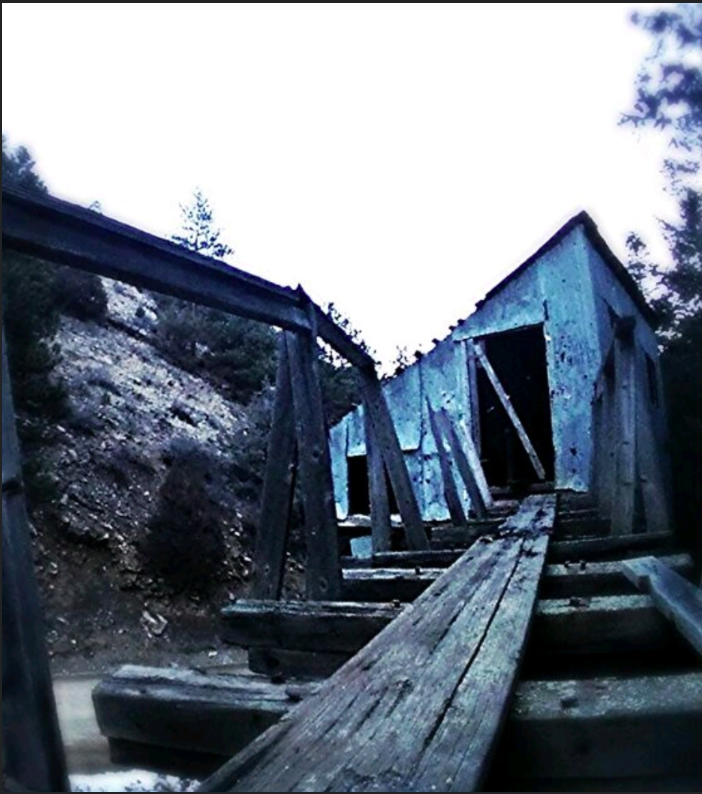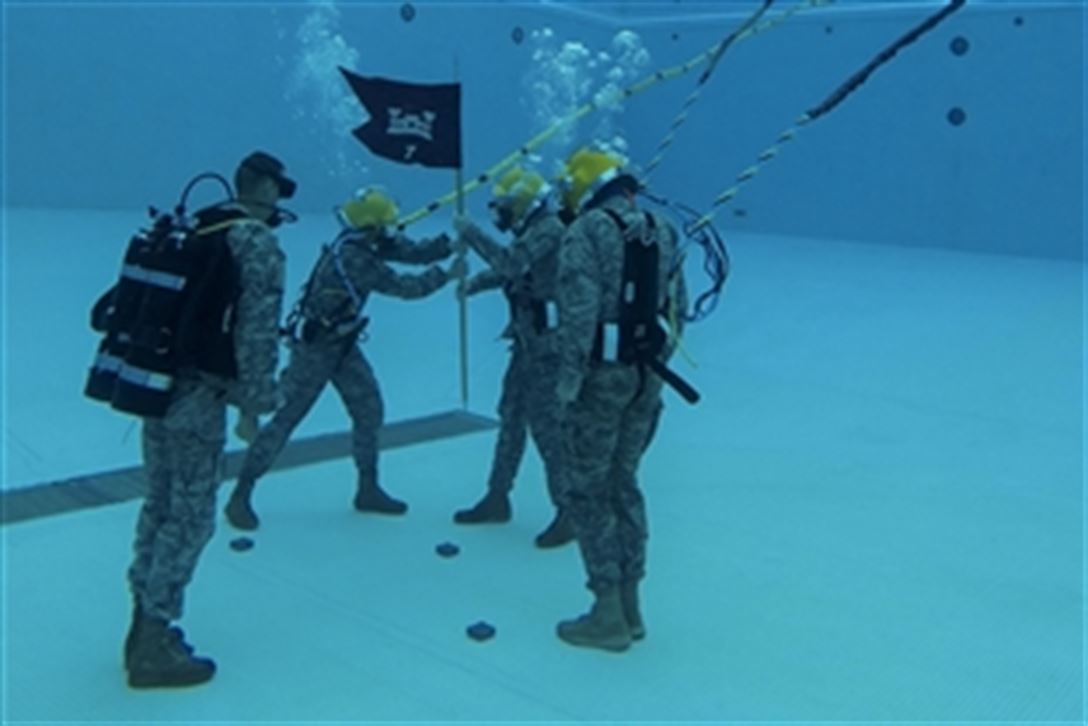
“You Go First” Photo Credit: Nicole Johnson
There’s a lot of talk about the “transition process” when it comes to service members and veterans. Of course it’s significant; leaving the military is shifting from one part of our life to another. Whether we serve three years or twenty-three, we move on from one way of life to adapt to a different one. For some it’s easy; for others, it’s a daunting challenge, like crossing over the “bridge” in the picture. Why, though? What makes things so challenging for service members as they move from the service to post-military life?
Personally, I’m thankful for the transitions I’ve experienced. If we’re not growing, we’re not living.
Think about it. We’re constantly in transition. From being a toddler to childhood, from adolescence to adulthood. Moving from our hometown, or moving back to our hometown. Moving out of…and into…our parent’s basement. Consider our time in the military…there was near constant change. When I arrived at Fort Carson in 2006, I was probably the 21st soldier in the company. We had five pieces of equipment. Ten months later, in October, we deployed with a company strength of over 130. The year before, none of us knew each other; one year later, we were deploying to combat. If that’s not a significant transition, then I don’t know what is.
So what is it about the transition out of the military that is so challenging? How do we approach it so that it’s easier on us? Here are some thoughts.
Transitions Are Natural
We’re not going to avoid change. The plains meet the mountains, the sand meets the ocean. There is a shifting transition between the seasons, and there are moments when we realize that we are no longer children. Sometimes, the transitions are clear; a marriage, leaving for the military. Many combat veterans remember the transition from “I may get shot at and have to shoot people” to “they’re shooting at ME.” At other times, the transition is more general. We wake up one day and we’re fifteen years older. The step is a little bit slower, the grey hair is popping out just a little bit more.
Change can come smoothly, like slipping into a pool, or it can come with turbulence, like the rapids on a river. Navigating the smooth transitions doesn’t take a lot of skill, but navigating the choppy waters sure does. We have to develop the skills ahead of time…be prepared for the change before it happens…or develop the sills in the middle of the change. If we don’t we risk being overwhelmed.
Our Mindset Can Make Transition Challenging
The power of positive thinking; I talk about it often. This isn’t “when life gives you lemons” type of thinking, some blind optimism in the face of obvious difficulty. If we don’t acknowledge change, however, then it’s going to be difficult. It’s almost as if we tell ourselves, “Okay, here’s a transition; we can do this the easy way, or we can do this the hard way.” Don’t threaten a veteran with a good time…we’ll choose the hard way every day. Consider two paths to the same goal. We’re standing at one point, and have to get to the other. One path leads across an open field, an easy walk to get to where we need to be. The other path leads down and around, the long way, and it’s filled with obstacles.
Which do you think veterans choose? If they’re like many of the ones I see as a mental health counselor…or like me…they’ll take the long obstacle-filled route. Because anything worth doing is worth doing difficultly. That mindset makes the transition more difficult that it needs to be.
Transitions Can Be Managed
It can be done. There are veterans that I served with, at the same time and on the same battlefield, that struggled with their transition more than I did with mine. I haven’t been unemployed since I retired; my family remains intact, and actually stronger than ever. I sometimes think to myself, what was different for me than it was for them? My faith, the fact that I was older during my deployments, the fact that I have military retirement pay to fall back on? I know folks who were older than me, had as much faith as I do, who have stable incomes. They still struggle. How have I been able to manage my transition, while others have struggled? Again, I think it comes down to mindset.
I recently had the opportunity to attend a leadership development program with two double amputees. I think to myself; what makes them different than another veteran who, like Lieutenant Dan, is bitter and resentful? I can only come up with the idea of mindset. We control how we see the world. Even in the movie, Lieutenant Dan comes to a measure of peace after a period of time; but why does it have to take so long?
Support Can Make Challenging Transition Easier
Transitions are going to happen. Change is going to occur. It’s about mindset, and the difficulty can be managed. It often can’t be managed alone; sometimes, changes are more difficult and we need to call for backup. When my father passed away, one of the first things I did was call my therapist to set up a meeting. I reached out before things got too much. And that’s the key; if we find transition to be overwhelming, we don’t have to do it alone. There’s nothing wrong, and everything right, with reaching out before a crisis happens. Many times, it’s the only thing that will keep the crisis from occurring at all.
Want to keep up with all of the Head Space and Timing content? Subscribe Here

The Head Space and Timing Blog is supported by the Colorado Veterans Health and Wellness Agency, a 501(c)3 Nonprofit in Colorado Springs, Colorado. The goal of the CVHWA is to provide military culturally competent mental health counseling to veterans and their spouses, regardless of characterization of discharge, time of service, or era of service. Our vision is to assist veterans to identify and remove barriers to their mental, physical, emotional, and behavioral wellness. For questions or inquiries, contact us!



1 Comment
Judith Jeanne Mathewson · November 22, 2018 at 2:18 pm
Thank you, Duane! You have nailed this on many levels: mindset, faith, and a positive attitude! Thankful for you and your insight! And audacity!
Comments are closed.